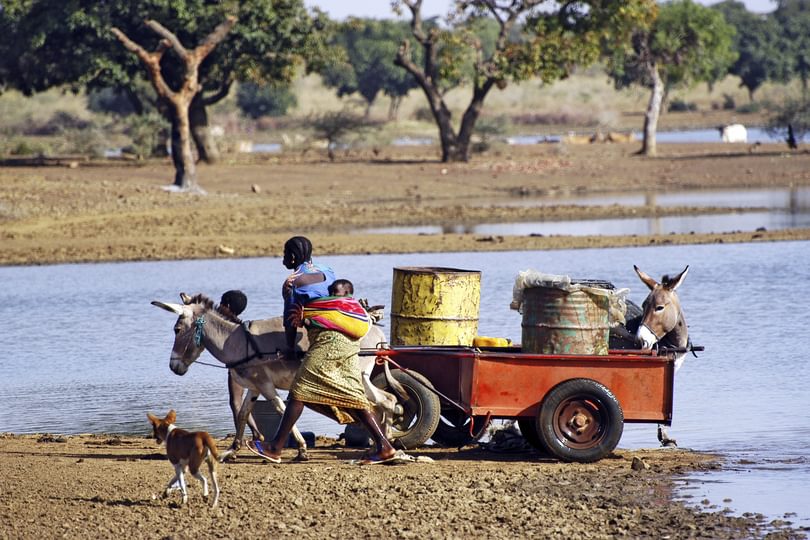
Climate change will impact upon freshwater resources in severe and often unpredictable ways. The impacts of climate change are compounded with increasing human demands for water and vulnerability to floods and droughts. Water institutions and infrastructure are targets for adaptation action.
Professor Jim Hall, Co-Director of the Oxford Martin Programme on Resource Stewardship, will ask what is the nature and scale of adaptation that might be required, and what are the limits to adaptation?
Join in on Twitter #2015climate
About the speaker
Professor Jim Hall is Co-Director of the Oxford Martin Programme on Resource Stewardship; Director of the Environmental Change Institute, Professor of Climate and Environmental Risks in the School of Geography and the Environment, a Senior Research Fellow in the Department of Engineering Science and fellow of Linacre College.
Jim is a member of the UK independent Committee on Climate Change Adaptation and is co-chair of the Global Water Partnership / OECD Task Force on the Economics of Water Security and Sustainable Growth.
His research focuses upon management of climate-related risks in infrastructure systems, in particular relating to various dimensions of water security, including flooding and water scarcity. Beginning his academic careers as a Royal Academy of Engineering research fellow, Jim developed the theoretical basis for the flood risk assessment methods that are now widely used in the UK and internationally.
He has been awarded the George Stephenson Medal, the Robert Alfred Carr Prize and the Frederick Palmer Prize of the Institution of Civil Engineers for his work on flooding and coastal erosion, and the Lloyds Science of Risk prize for the work of his team on climate risk analysis. In 2010 Jim was elected as a Fellow of the Royal Academy of Engineering "for his contribution to the development of methods for flood risk analysis, which underpin approaches for flood risk management in the UK and internationally."